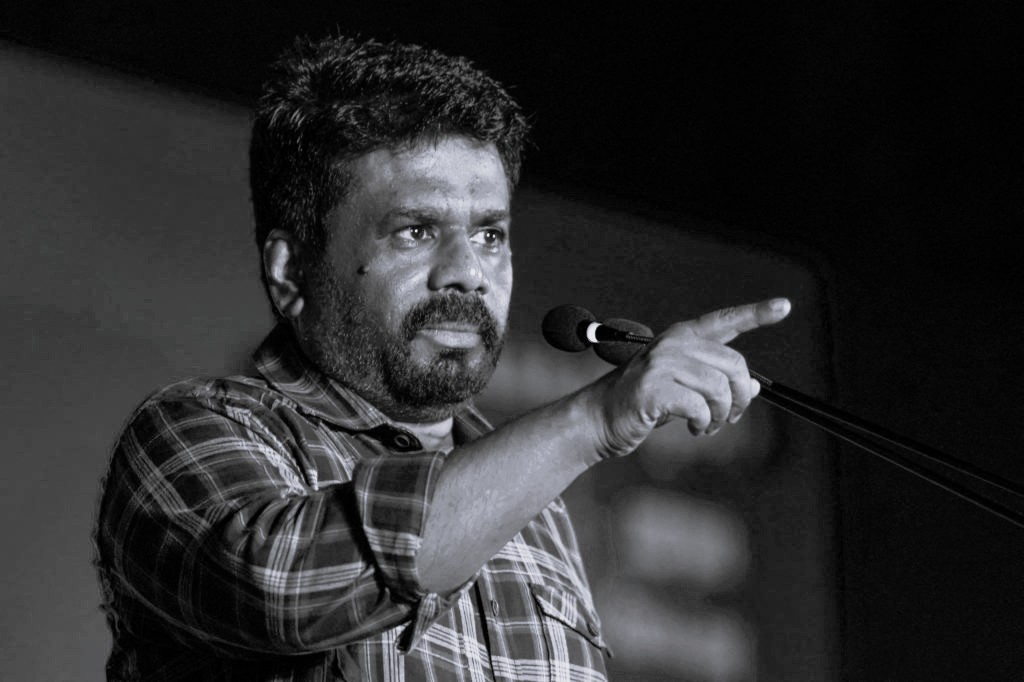In Sri Lanka, a persistent—sometimes overt, often invisible—tension has emerged between political power and the state machinery.
This week, a high-ranking government official was granted bail after being arrested and produced before court by the Commission of Inquiry on charges of bribery and corruption. The case involves a payment of nearly one hundred million rupees to a building that did not belong to former minister Sashindra Rajapaksa. The charges against her are scheduled to be heard in the future.
Meanwhile, government leaders frequently assert that although they have acquired the power of government, they do not yet possess the power of the state. By “power of the state,” they refer to control over the state apparatus—namely, the public officials.
It is important to note that the vast majority of these public officials voted for the National People’s Power (NPP) in the last two major elections. Historically, public officials in various ministries have been transferred at short intervals; some are swiftly dismissed, while others are newly appointed.
In parliamentary committee meetings, such as those of the Public Enterprises Committee, public officials are routinely subjected to harsh criticism and accusations, often facing pointed questioning from political leaders.
The government has also stated that less than twenty-five percent of the funds allocated to state institutions for the year 2025 have been utilized. At the same time, reports from state institutions suggest that officials—strictly confined to their designated areas of responsibility—are avoiding proactive work, opting instead for actions that do not generate any “problems.”
Taken together, these developments reveal a high level of tension between political authority and the state machinery. No state can progress under such strained conditions.
It also appears that the government’s political leadership is approaching this issue from a stance that is, to some extent, adversarial toward state officials.
Law enforcement, charging, arresting, and prosecuting lawbreakers are not discretionary actions—they must be carried out to the letter. It is also true that a significant number of public officials are implicated in irregularities. No politician can commit fraud or misconduct without the knowledge or complicity of public officials.
Conversely, public officials themselves engage in considerable corruption and irregularities without the awareness of political authorities. The situation is not black and white—it is complex and ambiguous.
In such circumstances, the government and political leadership must respond with greater maturity and depth. This does not mean yielding to public officials or ignoring their misconduct. Rather, it requires recognizing the complexity of the situation.
Neither the President, the Cabinet, nor the NPP headquarters can move the country forward or effectively govern without the cooperation of the state machinery. That cooperation is not merely a duty—it is a responsibility. And it is the responsibility of the political authority to ensure that this responsibility is fulfilled to the highest possible standard.
A deeper consideration of strategy and method is urgently needed.
( This is a translation of the editorial in Anidda weekly published today))
